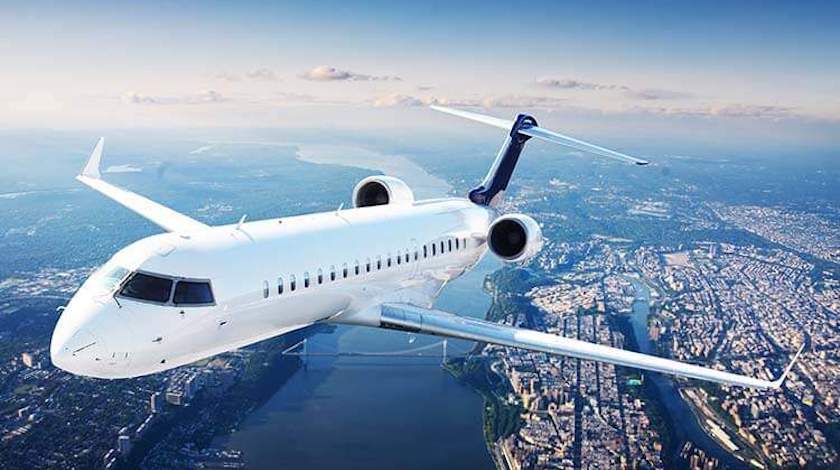Photo: justdial.com
Reading Time: 2 minutesThe global air transport sector supports 65.5 million jobs and $2.7 trillion in global economic activity, according to new research released by the Air Transport Action Group (ATAG).
The report, Aviation: Benefits Beyond Borders, explores the fundamental role civil aviation plays for today’s society and addresses the economic, social and environmental impacts of this global industry.
“Let’s take a step back and think about how advances in air transport have changed the way people and businesses connect with each other – the reach we have today is extraordinary. More people in more parts of the world than ever before are taking advantage of safe, fast and efficient travel,” said Michael Gill ATAG’s Executive Director.
“There are over 10 million women and men working within the industry to make sure 120,000 flights and 12 million passengers a day are guided safely through their journeys.
The wider supply chain, flow-on impacts and jobs in tourism made possible by air transport show that at least 65.5 million jobs and 3.6% of global economic activity are supported by our industry.”
The report also looks at two future scenarios for growth in air traffic and related jobs and economic benefits. With an open, free-trade approach, the growth in air transport will support some 97.8 million jobs and $5.7 trillion in economic activity in 2036. However, if governments create a more fragmented world with isolationism and protectionist policies, over 12 million fewer jobs and $1.2 trillion less in economic activity would be supported by air transport.
“By working with one another, learning from each other’s cultures and trading openly, we not only create a stronger economic outlook, but we also continue the conditions for peaceful interaction across the globe. Aviation is the key driver for this positive connectivity.”
Speaking about the release of the new report, the Director General of Airports Council International, Angela Gittens, said: “Airports are crucial links in the air transport value chain that drive economic and social benefits for the local, regional, and national communities they serve.
Airports act as catalysts for employment, innovation, and improved global connectivity and trade.
In responding to the growing global demand for air services, airports – in partnership with the wider aviation community – are also taking a lead role in minimising and mitigating the environmental effects of aviation and pursuing sustainable development”.
“All sectors of aviation contribute to the industry’s benefits globally. The business aviation sector employs almost 1.5 million people around the world, contributes hundreds of billions of dollars to the global economy, and provides connections to and economic activity in remote regions and underserved locations,” said Kurt Edwards, the Director General of the International Business Aviation Council.

